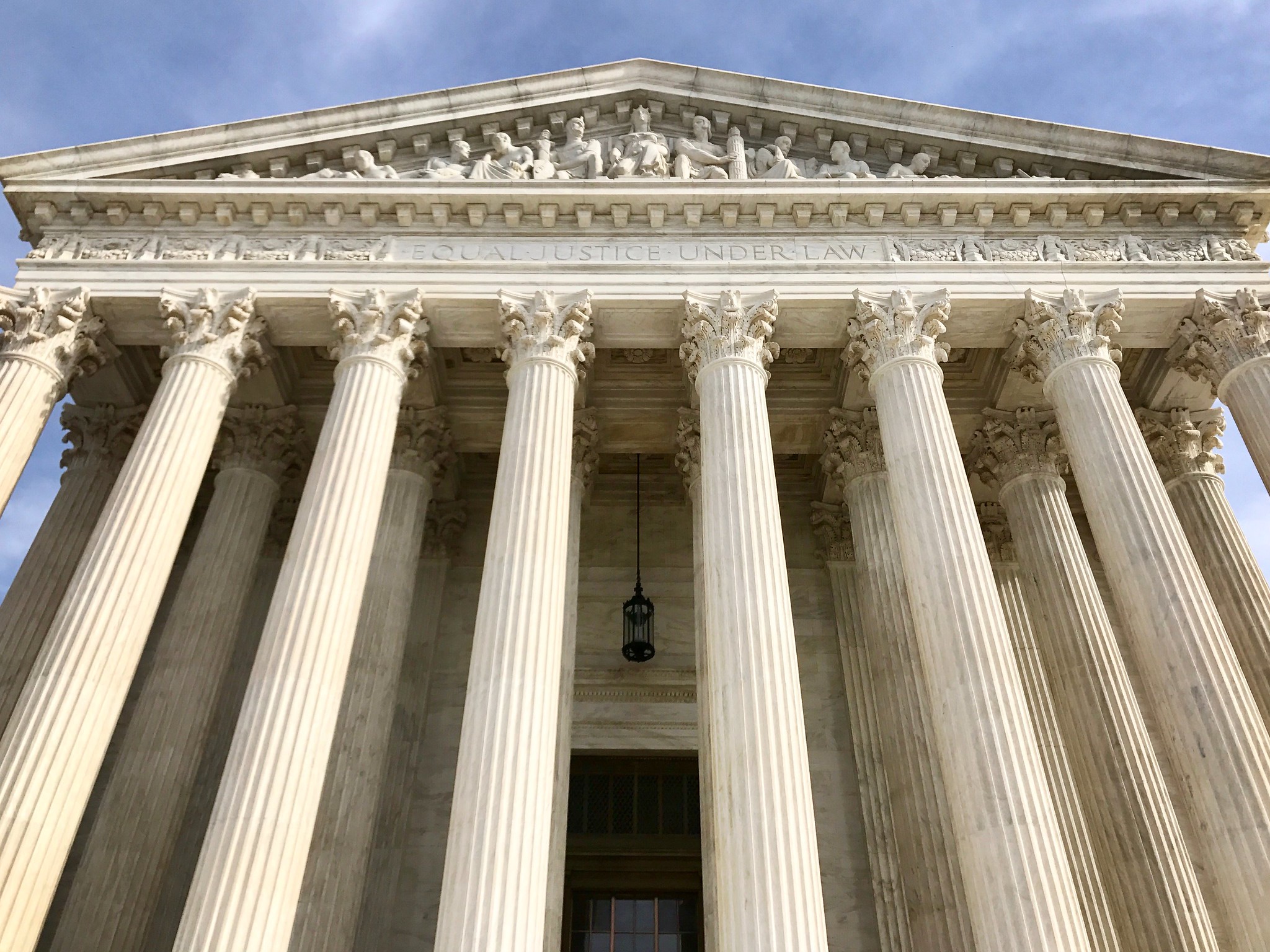RCFP to Supreme Court: Practice of live audio streaming oral arguments should be made permanent

Update: According to its website, the U.S. Supreme Court plans to continue hosting a live audio feed of oral arguments.
The Reporters Committee for Freedom of the Press and 62 media organizations are urging the U.S. Supreme Court to make permanent its practice of providing live audio of oral arguments before the Court.
“This practice improves the quality of journalism about the Court and greatly enhances the public’s understanding of its operations,” the media coalition states in a Sept. 13 letter sent to Chief Justice John G. Roberts, Jr. The letter is the Reporters Committee’s latest effort to advocate for live audio of the Supreme Court’s proceedings.
The Supreme Court has provided a live audio feed of its arguments for every term since the onset of the COVID-19 pandemic in 2020. The practice has proven to be non-disruptive to the Court and popular with the public, the media coalition’s letter argues.
Though the Supreme Court only sets aside 50 seats for members of the public to attend oral arguments, 100,000 people tuned in to listen to the first two weeks of Supreme Court arguments in May 2020 when the live broadcasts began. Oral arguments from the 2021-2022 term were streamed at least 3.8 million times.
“Live audio of Supreme Court proceedings unequivocally benefits the public and the press,” the media coalition’s letter concludes. “Short of providing live video of proceedings, permanent live audio of the Supreme Court’s proceedings is the best way to keep the public informed and engaged with respect to its operations.”